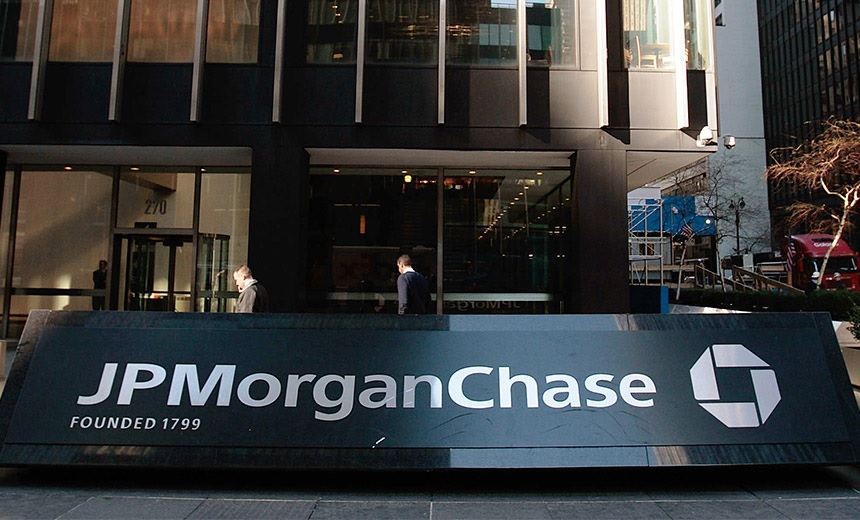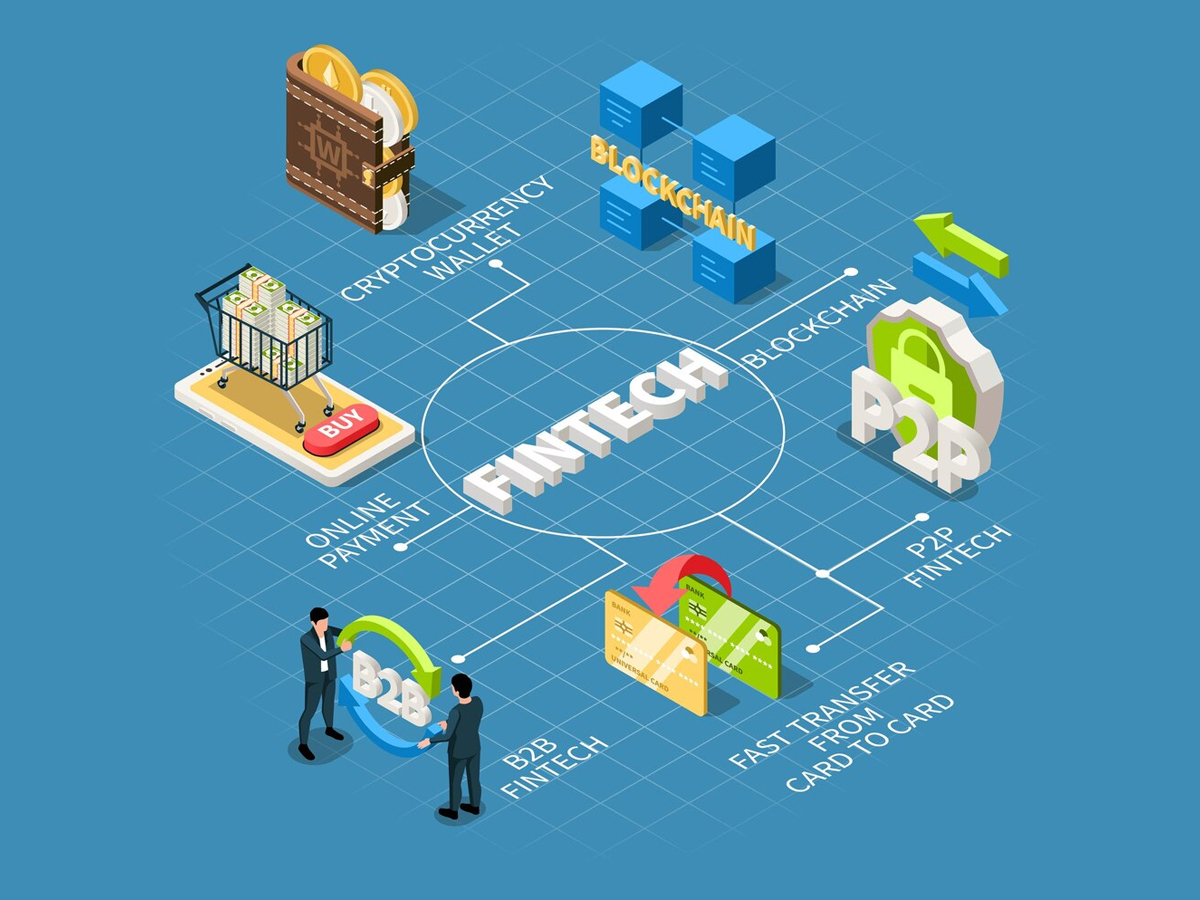It is reported that JPMorgan Chase is currently in advanced negotiations to acquire the Apple Card credit card program from Goldman Sachs, a potential move that could reshape key dynamics in the banking sector, particularly for corporate treasury departments eyeing partnerships and operational efficiencies in an increasingly digital financial ecosystem.
The talks, which have been underway since earlier this year, follow Goldman Sachs’ decision to wind down its consumer finance activities, including its high-profile partnership with Apple that launched the Apple Card in 2019.
The credit card has since garnered around 12 million users and an estimated $17 billion in outstanding balances. As corporate treasuries monitor these developments, JPMorgan’s strategic move to enhance its foothold in digital finance is poised to have ripple effects across the industry.
For treasurers, the deal highlights how partnerships between large financial institutions and tech giants are not only shaping consumer finance but are also impacting back-office processes and the operational models of large financial organizations. JPMorgan’s potential acquisition of the Apple Card portfolio would further entrench the bank as a dominant player in the digital payments ecosystem—a space corporate treasurers increasingly rely on to optimize their cash management strategies and improve liquidity solutions.
The Apple Card’s integration with Apple Pay, and potentially deeper synergies with JPMorgan’s own payment systems, presents new avenues for treasury teams to streamline payment processing and enhance financial flexibility. As treasury departments continue to adopt fintech tools, the outcome of these negotiations could either accelerate or delay the adoption of cutting-edge digital solutions depending on how the Apple Card is structured under JPMorgan’s management.
However, the deal is far from straightforward. According to multiple reports, JPMorgan is seeking to pay less than the full face value of the Apple Card’s outstanding balances. One key factor driving this is the subprime exposure associated with some of the card’s user base, a challenge Goldman Sachs has contended with. Subprime credit cards often carry higher default risks, which could introduce new risk management considerations for corporate treasurers evaluating their credit portfolios or weighing exposure to financial instruments tied to consumer credit.
Historically, credit card portfolios sell at a premium, but JPMorgan’s request for a discounted price reflects the operational risks involved, particularly due to the high level of customer service complaints and billing challenges Goldman Sachs faced. The bank’s willingness to take on this portfolio signals that the sector is still willing to bet on consumer finance despite regulatory challenges.
Key to the potential deal is the elimination of some features that have burdened Goldman’s operations, such as Apple’s decision to send billing statements to all cardholders on the same day—a feature that has led to a surge in customer service requests and operational inefficiencies. JPMorgan would likely alter this structure, improving service quality and operational scalability, a factor that corporate treasurers may watch closely as they seek more predictable and stable payment cycles from financial partners.
Moreover, JPMorgan’s pursuit of this deal aligns with broader trends toward digitization and the convergence of traditional banking with fintech. Its existing relationship with Apple—providing rewards and leveraging Apple Pay—makes it well-suited to manage the complex demands of a tech-driven financial product. For corporate treasuries that already engage in digital transformation projects, this could signal opportunities for deeper integration between their banking partners and the fintech solutions they use to manage liquidity and payments.
The potential JPMorgan-Apple Card partnership reflects a broader shift in the competitive landscape as banks increasingly partner with technology companies to stay relevant in the fast-evolving fintech sector. For JPMorgan, this deal not only adds to its expansive credit card portfolio but also strengthens its digital capabilities, allowing it to compete more aggressively against both fintech disruptors and legacy financial institutions.
In the context of corporate treasury, this deal could accelerate the development of new treasury services that integrate banking, payment processing, and data analytics under a more robust digital infrastructure. JPMorgan, already a leader in treasury management services, would likely push forward innovations in real-time payments and enhance integration with platforms like Apple Pay, creating more sophisticated solutions for managing cash flow and treasury liquidity.
Another important aspect for corporate treasurers to monitor is the potential regulatory scrutiny that may follow this deal. Goldman Sachs’ issues with customer service and compliance under its Apple Card program led to regulatory scrutiny, which JPMorgan will need to address if it acquires the portfolio. Ensuring compliance and maintaining operational stability will be critical, as increased regulatory pressures could have downstream effects on treasury operations, particularly if changes are required in payment processing or credit management systems.





